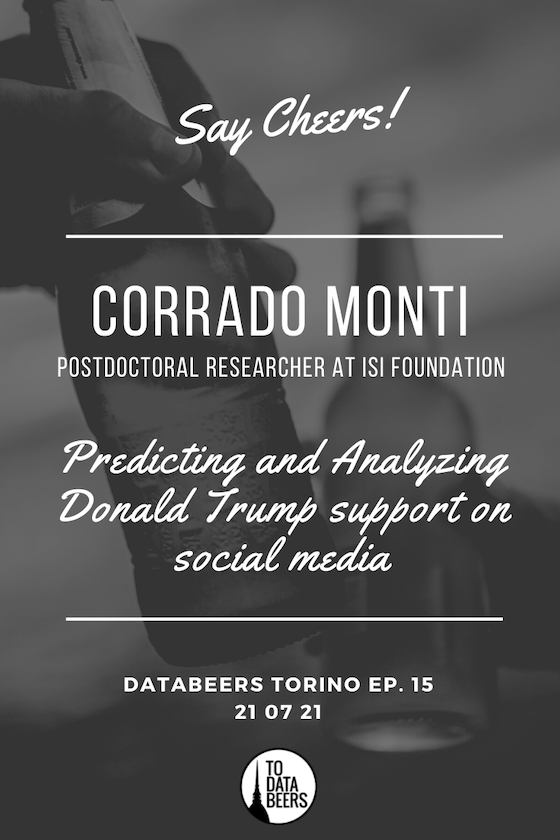Federico Cinus, Marco Minici, Corrado Monti, and Francesco Bonchi.
International AAAI Conference on Weblogs and Social Media (ICWSM2022). AAAI, 2022.
Recommendation systems influence how people connect and, in turn, how opinions evolve. Through Monte Carlo simulations that combine link formation and opinion-dynamics models, this study quantifies how people recommenders reshape the structure of social networks. The results show that these algorithms reinforce preexisting social divisions when homophily is strong, revealing how digital design choices can reproduce offline stratifications within online communication spaces.

